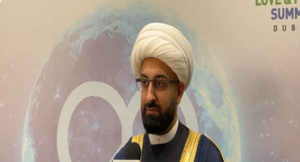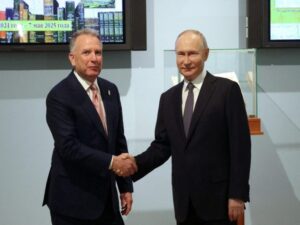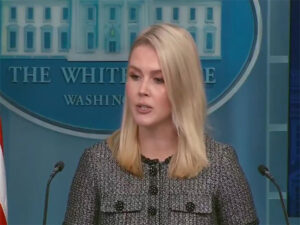COP 28 President appreciates India’s goal of achieving 500 GW clean energy by 2030
Bengaluru (Karnataka) [India], February 7 (ANI): UAE Minister of Industry and Advanced Technology Sultan Bin Ahmed Al Jaber attended the Asian Ministerial Energy Roundtable meeting in Bengaluru on Tuesday.
Al Jaber noted the significant rise in investment in renewable energy in recent years and India’s drive to add 500 GW of clean energy in its energy output by 2030. He also highlighted that UAE is keen to partner with India and the world on advancing clean energies. In his first international visit as the UAE COP 28 President Designate, Al Jaber made the case of COP 28 of a pro-growth and a pro-climate agenda to support an all-inclusive energy transition that leaves no one behind.
“Last year, despite an ongoing war, fears of recession and a world still recovering from Covid, annual global investment in clean energy exceeded 1 trillion dollars for the first time. And the trajectory is only going up. Most of this new growth will be driven by the dynamic economies of Asia. Here in India, you are aiming for 500 Giga Watt (GW) of clean energy by 2030,” he said.
Jaber termed as ambitious India’s goal of adding 500GW of clean energy. “This is very ambitious, but also very achievable. And the UAE is ready, willing and able to partner with you. We have spent the last two decades diversifying our energy portfolio. We’ve invested in nuclear, we are investing hydrogen and we are expanding our global renewable energy footprint to at least 100 GW by 2030. And we need everyone on this journey with us, so that together we can triple global renewable energy capacity over the next seven years,” Al Jaber said.
Highlighting the need of diversification in the clean energy domain, Jaber said: “Without a breakthrough in battery storage, we must invest heavily in carbon capture, nuclear power and the hydrogen value chain. But spending on these fundamental enablers of decarbonisation are less than 5 per cent of what is spent on renewable, this must change. And when it comes to change, this also applies to the oil and gas industry.
The world still needs hydrocarbons and will need them to bridge from the current energy system to the new one. We cannot unplug the current energy system before we have built the new one. As such, we must minimize their carbon footprint, only invest in the least carbon-intensive barrels and continue to reduce their intensity”.
“To succeed, when the debate around climate change only seems to be getting more divisive, we must act in solidarity and unity.
We must empower the Global South, where almost 800 million people have no electricity, in an inclusive energy transition. We must eliminate energy poverty, while keeping 1.5 alive. And we need to move from talking about goals, to getting the job done. That is why we are calling for COP 28 to be a COP of Action and a COP for All. This is the decade where we must stop deliberating and start delivering across mitigation, adaptation, climate finance and loss and damage,” he said.
“The size of this challenge is immense, but so is the opportunity,” Al Jaber said. He underlined the complexity of the energy transition as a system-wide rewiring of global economies and noted that despite the impressive growth of wind and solar power, renewable energy by itself would not be sufficient, particularly to transition hard to abate industries.
He added that he would work across all industries, including the energy industry to accelerate the decarbonisation of the current energy system and the growth of clean energy alternatives, adding that the energy industry should be leveraged as an integral part of the solution to the energy transition. “I will use my experience, know-how and network of partners, and the unwavering support of my leadership,to convene the entire energy industry to speed things up.
I will also work with other industries to help rapidly shift demand to viable alternatives that can replace current energy options. The energy transition will require every segment of society working together in an inclusive effort, and that surely means including the efforts of the energy industry. It’s not a conflict of interest, it is in our common interest to have the energy industry working alongside everyone on the solutions that the world needs,” Jaber said.
He stressed that every stakeholder who can contribute should be included to make faster progress through partnership. “Every segment of society must be mobilized. Our governments, our businesses, scientists, academics, civil society and youth. We need everyone on board, pulling in the same direction. We need everyone on board, pulling in the same direction- and I mean everyone. So let me end by inviting all who have a stake in our future and all who can contribute solutions – come join us, collaborate, cooperate, partner, share your ideas,” he added.
In his closing statements, the COP 28 President-Designate Al Jaber set out the scale of the task ahead and encouraged all stakeholders to participate, collaborate and share ideas in order to find the necessary solutions in this crucial decade of climate action.






